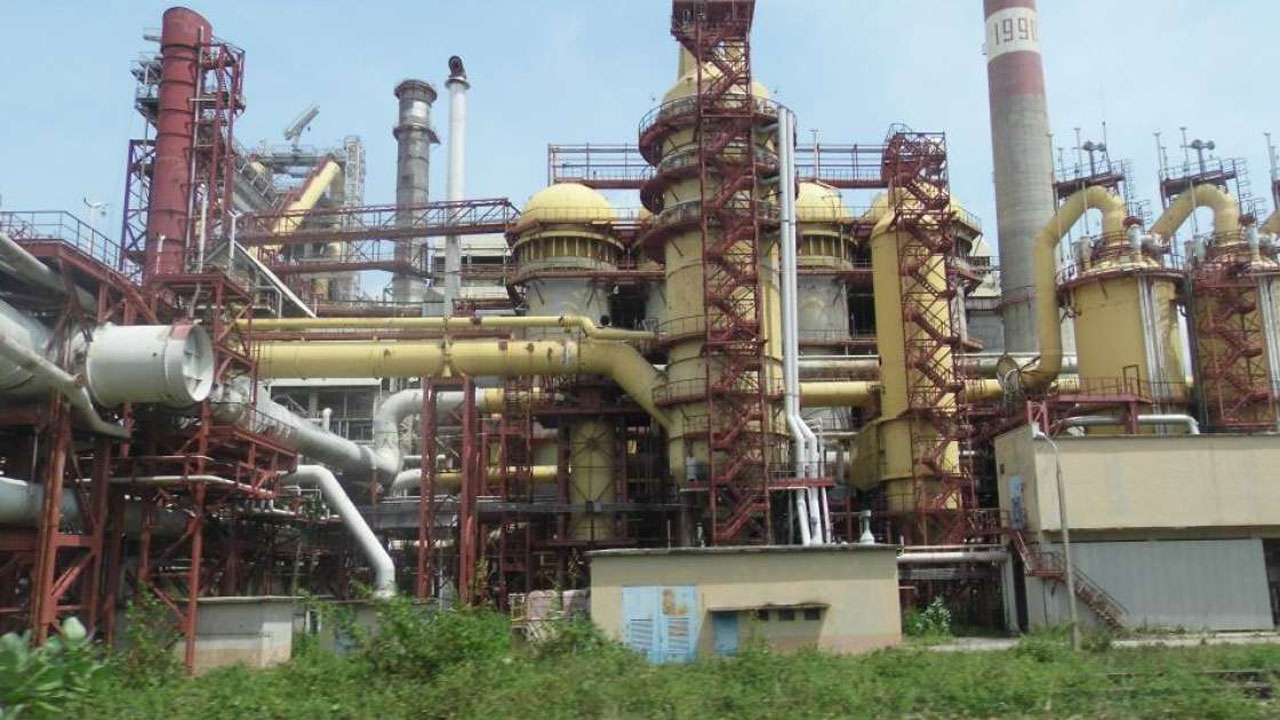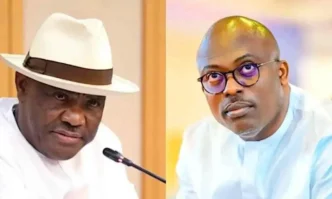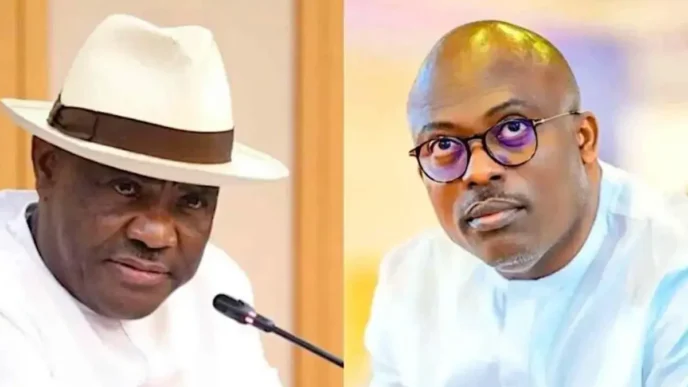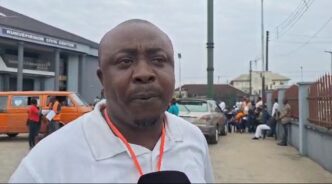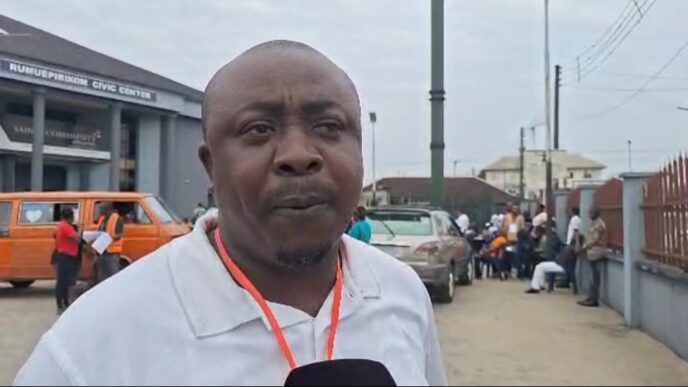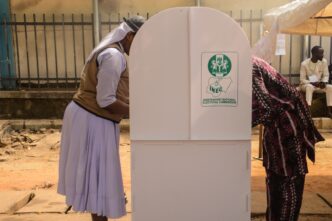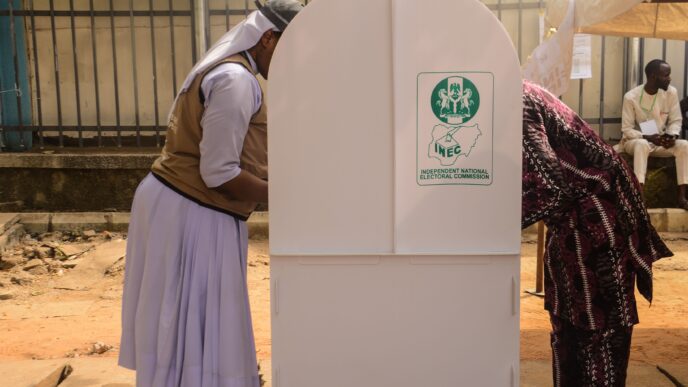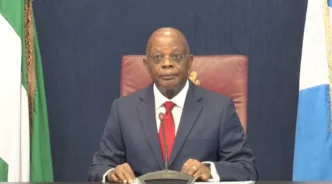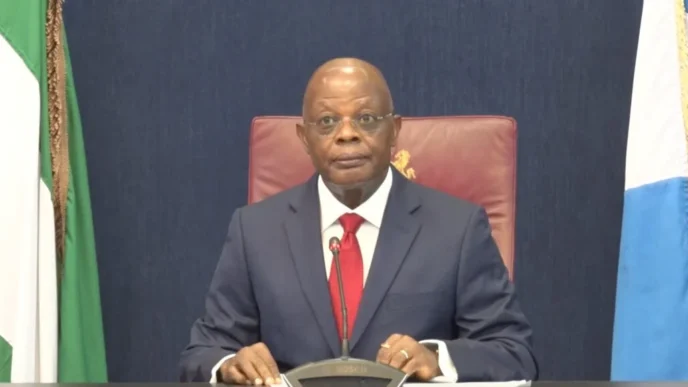Nigeria is deepening partnerships among stakeholders and policymakers to revitalise its domestic steel sector, aiming to reduce the country’s $4 billion annual import bill.
The announcement was made by the Minister of Steel Development, Prince Shuaibu Abubakar Audu, during the inaugural National Stakeholders Summit on Steel Development in Abuja. The summit, themed “Rebuilding and Consolidating Nigeria’s Steel Industry: Collaborative Action for Sustainable Growth and Global Competitiveness,” was convened to chart a roadmap for strengthening the steel sector, which remains heavily reliant on imports despite Nigeria’s abundant iron ore, limestone, and coal deposits.
Prince Audu outlined incentives to attract investors, including capital allowances, import duty exemptions, tax holidays, and policies requiring 30 per cent of steel inputs for government projects to be sourced locally. He also highlighted public-private partnerships, industrial parks, mini-LNG plants, and collaboration with the Ministry of Defence to manufacture military hardware, stressing that these measures would stimulate local raw material consumption, create jobs, and position Nigeria as a regional steel hub.
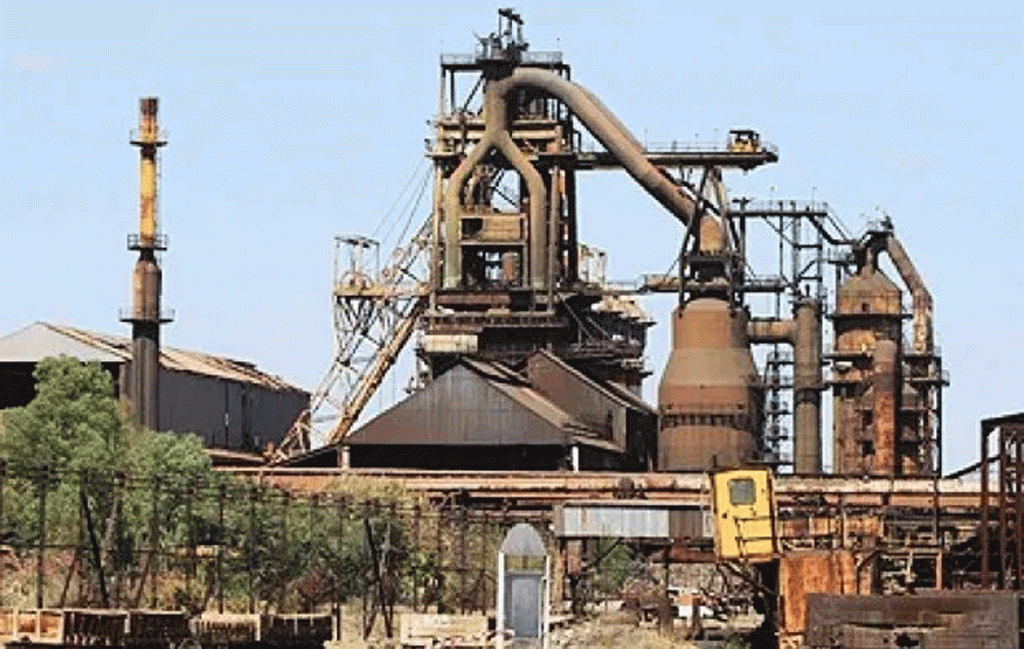
President Bola Tinubu, represented by Vice President Kashim Shettima, announced an ambitious plan to produce 10 million tonnes of liquid steel annually by 2030, generating over 500,000 jobs. He emphasised that the steel industry is pivotal to industrialisation, economic diversification, and national security. “The steel industry will not be revitalised by the government alone. We need private investors, the innovation of our universities, the skills of our workforce, and the patronage of our people,” he said.
Plans include operationalising the Ajaokuta Steel Company and the National Iron Ore Mining Company (NIOMCO), conducting technical and financial audits, and engaging international investors to complete and commission the Ajaokuta Steel Plant. Additional initiatives include five mini-LNG plants at Ajaokuta, an industrial park with a free trade zone, and partnerships with the Ministry of Defence and DICON to manufacture military hardware.
Senator Patrick Ndubueze, Chairman of the Senate Committee on Steel Development, pledged unwavering Senate support for the sector and urged stakeholders to translate ideas into actionable outcomes. He noted that over 20 of the 38 factories at the Ajaokuta Steel Complex can operate independently if central utilities are restored, calling for unbundling and concessioning these factories to capable Nigerians or verified foreign firms.
Minister of Solid Minerals Development, Dr. Dele Alake, highlighted Nigeria’s industrial trajectory, including a $600 million lithium processing plant near Kaduna-Niger and a $200 million refinery near Abuja. He also revealed that two additional plants in Nasarawa would be operational by the end of 2025, stressing strict enforcement in the sector.
Other ministers emphasised steel’s critical role in shipbuilding, maritime infrastructure, transport, construction, automotive, energy, and defence. They highlighted domestic value addition, technology transfer, regulatory reforms, and international partnerships as key drivers to reduce import dependence, create jobs, and support Nigeria’s $1 trillion economy target by 2030.
Dr. Chris Osa Isokpunwu, Permanent Secretary of the Ministry of Steel Development, described the summit as a pivotal platform to chart a new course for the sector. He called on stakeholders to engage actively, share innovative ideas, and forge strategic partnerships, noting that summit outcomes would inform the National Strategic Plan of Action for the Steel and Metallurgical Sector, ensuring global competitiveness and sustainable growth.
With these strategic initiatives and multi-stakeholder collaborations, Nigeria is set to transform its steel industry into a cornerstone of industrialisation, economic diversification, and long-term development.


 Trending
Trending 
